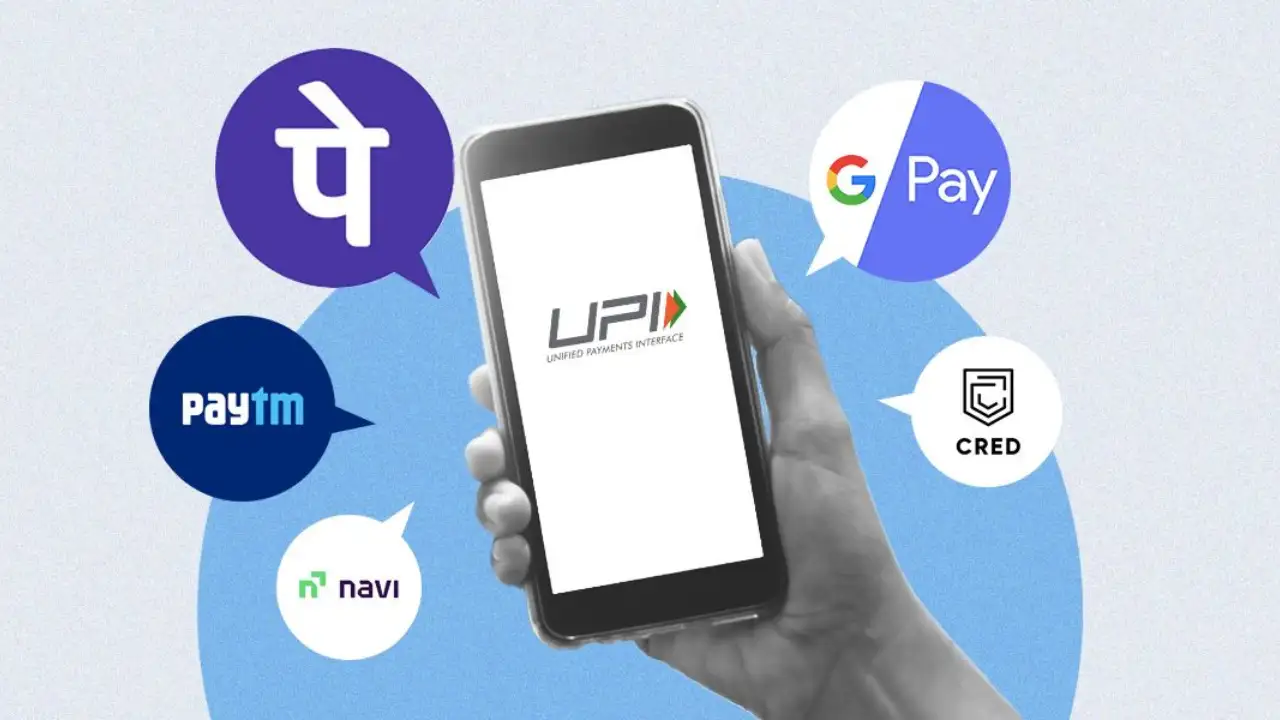Now Reading: New UPI Rules from August 1: What Changes for You and How It Impacts Daily Transactions
-
01
New UPI Rules from August 1: What Changes for You and How It Impacts Daily Transactions
New UPI Rules from August 1: What Changes for You and How It Impacts Daily Transactions

Starting August 1, the National Payments Corporation of India (NPCI) has rolled out fresh UPI guidelines aimed at making digital transactions safer and more efficient. These changes touch everything from balance checks and auto-payments to fraud control mechanisms. For everyday users, especially in smaller cities where UPI is now deeply integrated into local commerce, these tweaks matter.
Balance Checks Now Have a Limit
In an effort to ease server load and improve app performance, users can now perform only a limited number of balance checks per day. While the exact number may vary based on the bank and app, the goal is to reduce unnecessary traffic and avoid outages during peak hours. For shopkeepers and gig workers who frequently check balances after every transaction, this might require a bit of habit adjustment.
Auto-Pay Timings Revised
Another big update involves scheduled UPI payments through auto-debit mandates. The NPCI has now shortened the auto-pay time window. Instead of early morning deductions, payments will now be processed between 12 noon and 8 pm. This change is meant to give users more control and the ability to intervene or cancel transactions before they go through—especially helpful when salary credits or account top-ups are pending in the morning.
Tighter Fraud Prevention Measures
To curb rising fraud complaints, especially phishing and spoof UPI links, banks and UPI apps have been asked to ramp up security alerts. Expect to see more frequent prompts for authentication and real-time SMS alerts. There’s also increased backend monitoring to flag unusual patterns, like multiple UPI requests to new contacts or frequent QR scans.
Relevance for Tier 2 Cities
In cities like Nagpur, Bhopal, Surat, and Lucknow, UPI has become the default payment mode—from roadside chai stalls to tuition fees. These rule changes, while subtle, will directly affect how smoothly daily transactions go. Vendors may need to adapt to new auto-pay timings, and consumers should stay alert about app notifications to avoid payment failures or missed debits.
Conclusion
The new UPI rules aim to strike a balance between convenience and safety. As digital payments continue to grow, especially in semi-urban India, understanding these small rule tweaks can go a long way in avoiding hassles. For now, keeping your app updated and reading prompts carefully is your best bet to stay ahead.






















